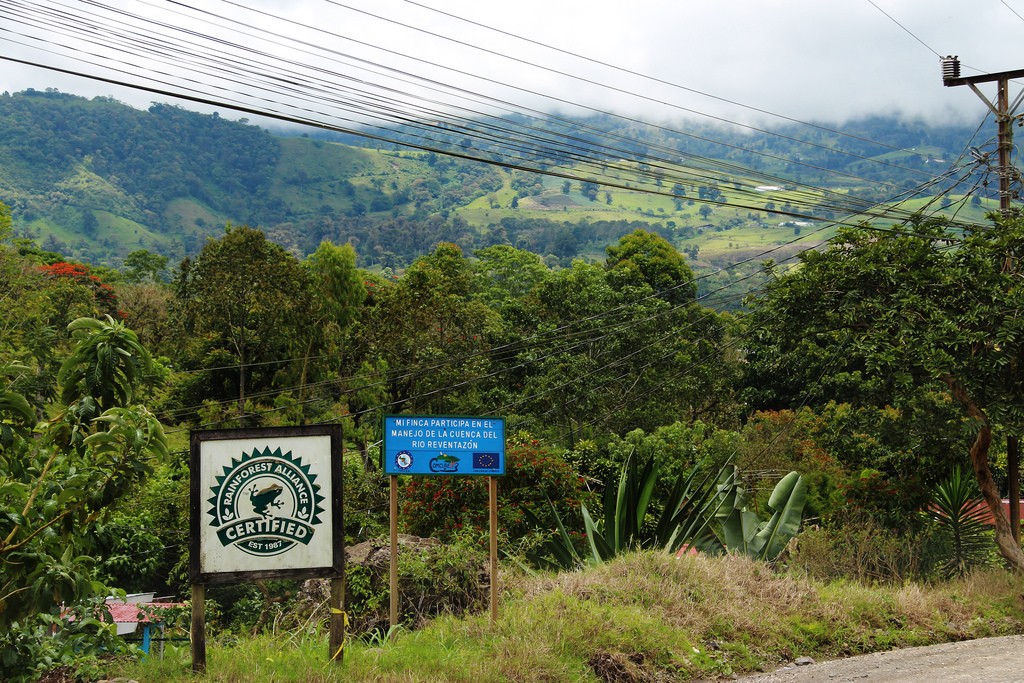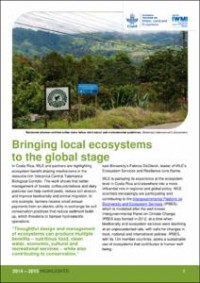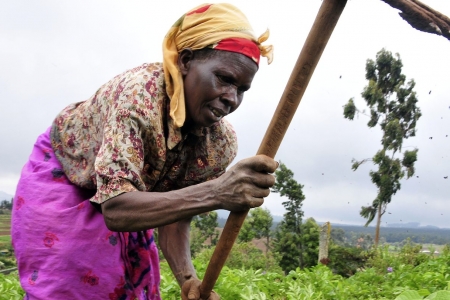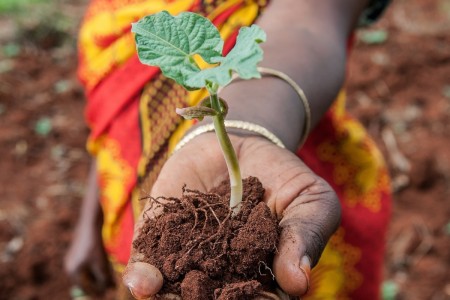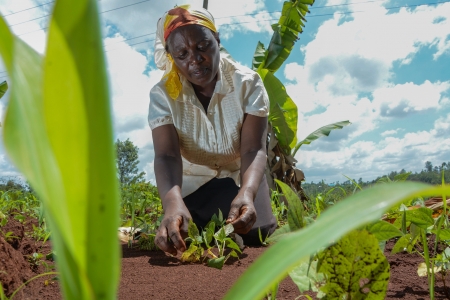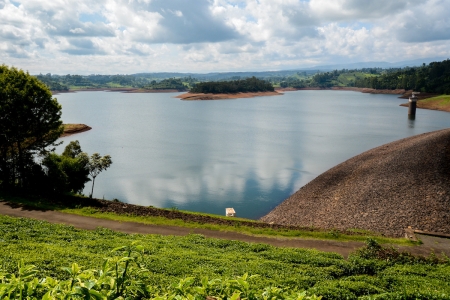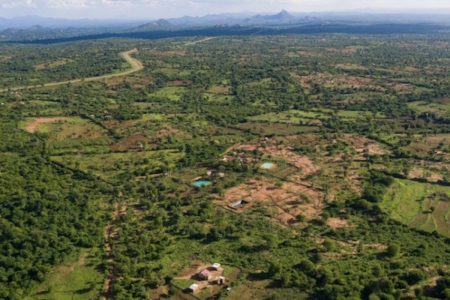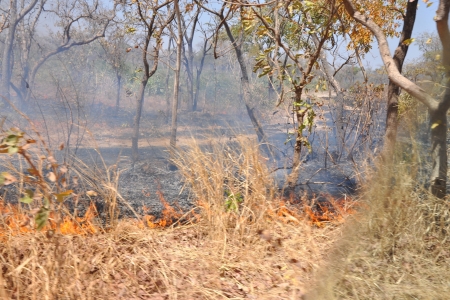In Costa Rica, WLE and partners are highlighting ecosystem benefit-sharing mechanisms in the resource-rich Volcanica Central Talamanca Biological Corridor. The work shows that better management of forests, coffee plantations and dairy pastures can help control pests, reduce soil erosion, and improve biodiversity and animal migration. In one example, farmers receive small annual payments from an electric utility in exchange for soil conservation practices that reduce sediment build-up, which threatens to hamper hydroelectric operations.
“Thoughtful design and management of ecosystems can produce multiple benefits – nutritious food, clean water, economic, cultural and recreational services – while also contributing to conservation,” said Bioversity’s Fabrice DeClerck, leader of WLE’s Ecosystem Services and Resilience core theme.
WLE is parlaying its experience at the ecosystem level in Costa Rica and elsewhere into a more influential role in regional and global policy. WLE scientists increasingly are participating and contributing to the Intergovernmental Platform on Biodiversity and Ecosystem Services (IPBES), which is modelled after the well-known Intergovernmental Panel on Climate Change. IPBES was formed in 2012, at a time when biodiversity and ecosystem services were declining at an unprecedented rate, with calls for changes in local, national and international policies. IPBES, with its 124 member countries, seeks a sustainable use of ecosystems that contributes to human well-being.
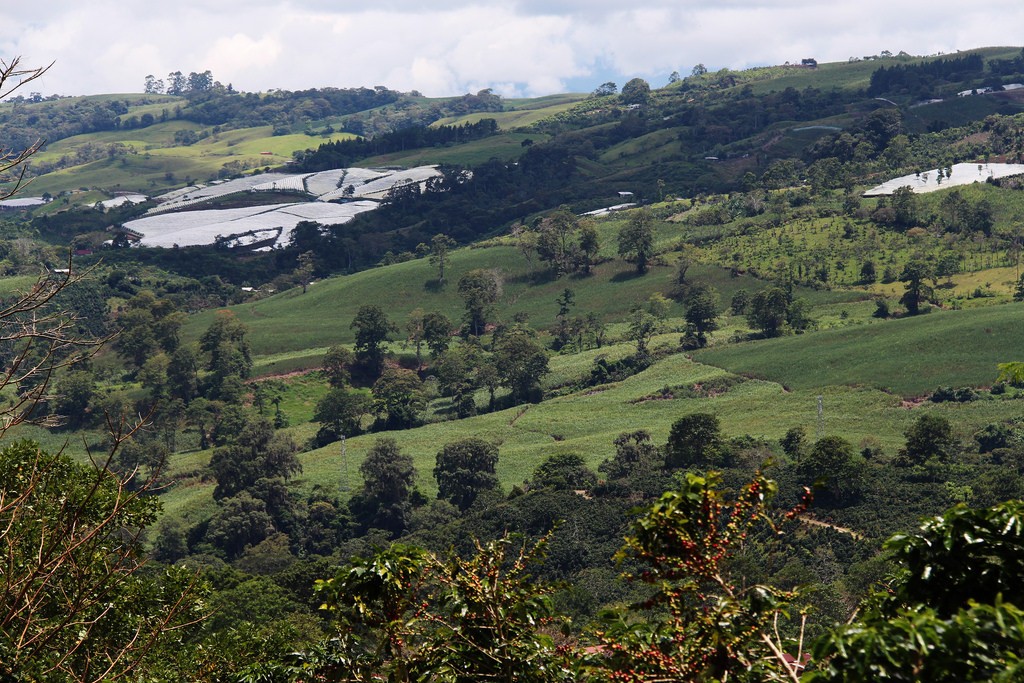
IPBES provides a mechanism recognized by the scientific and policy communities to assess and evaluate information generated worldwide by governments, academia, scientific organizations, non-governmental organizations and indigenous communities. The goal is to strengthen capacity to use science effectively in decision-making at all levels. To accomplish that goal, the IPBES focuses on four functions: knowledge generation, assessment, policy support tools, and capacity building.
In August 2014, WLE scientists provided input to the IPBES process of identifying regional assessment priorities for Africa and the Americas, with WLE specifically supporting a focus on the food-energy-water-livelihood nexus. The term recognizes that food, water, energy and livelihood security are linked in such a way that an action in one area often has impacts in others. Other themes stressed by WLE scientists included land degradation, the environmental health dimensions of invasive plant species, and the balance between sustainable use of resources and conservation.
The work in 2014 reflected WLE’s collaborative style with local partners and stakeholders.
“One of the main benefits of such collaboration is to bring in different voices to discuss how to best tackle land degradation and ecosystem restoration,” said Fred Kizito, a scientist with the International Center for Tropical Agriculture (CIAT).
Most recently, WLE scientists have been asked to co-chair and serve as authors for three (Americas, Africa and Asia Pacific) regional assessments, which will be submitted to the IPBES plenary for approval in March 2017. Kizito, for example, will be a coordinating lead author of the IPBES Africa assessment.
“This is an important opportunity for our scientists both to share and learn from these assessments,” DeClerck said, “while strengthening relationships with national partners in our regional programs.”
WLE’s ecosystems services and resilience framework cuts across its research portfolios, emphasizing the balance between agricultural intensification, ecosystem services and conservation. The framework not only has paved the way for WLE to be involved in IPBES but in other global initiatives such as the U.N. Environment Program-hosted program on The Economics of Ecosystems & Biodiversity for Agriculture and Food (TEEBAgFood).
The fourth IPBES plenary will be held in February 2016 in Malaysia, with DeClerck representing WLE.
In June, seven WLE researchers and partners including DeClerck and Kizito were selected to assist IPBES in drafting assessments for Africa, Asia and Pacific, and the Americas. The other researchers and their area of focus are:
- Chris Dickens (International Water Management Institute (IWMI)), Africa assessment
- Jerome Duminil (Bioversity), Africa assessment
- Natalia Estrada Carmona (Bioversity), Americas assessment
- Sonali Senaratna (IWMI), co-chair Asia and Pacific assessment.
- Louise Willemen (WLE partner from the University of Twente and the Landscapes for People Food and Nature Initiative), coordinating lead author of land degradation assessment
